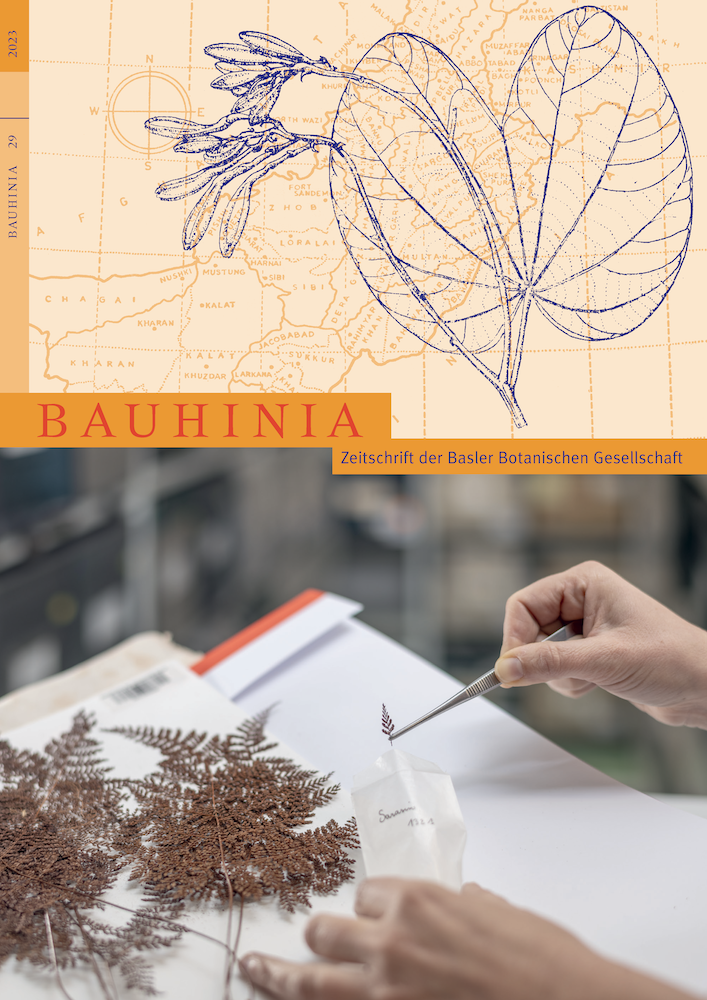Abstract
Recent decades have witnessed a massive increase in data accumulation, but our knowledge of the world’s biodiversity is still fragmentary: data accumulation has not been matched by a parallel taxonomic effort, and many groups of organisms have never been comprehensively studied. In the current context of climate change and biodiversity loss, we need to accelerate taxonomy and species discovery. This, however, requires a good taxonomic and phylogenetic framework, which is lacking for most groups of tropical plants. This contribution discusses the role of botanical monographs in accelerating taxonomy. We argue that the increasingly easier access to data in the world’s herbaria and the availability of DNA sequence data place botanists in an unparalleled position to produce taxonomic monographs, the forefront of taxonomic research. We illustrate the discussion with the results of a monographic study of the genus Ipomoea (Convolvulaceae). We integrated herbarium-based morphological studies with techniques of phylogenetic and genomic analysis of thousands of specimens to develop more robust species delimitation hypotheses and a comprehensive phylogenetic framework. Monographs such as ours have implications for other disciplines beyond taxonomy. We specifically show how it enabled important discoveries related to the origin of sweet potato, a worldwide staple crop.

Dieses Werk steht unter der Lizenz Creative Commons Namensnennung 4.0 International.
Copyright (c) 2023 Pablo Muñoz-Rodríguez, John R.I. Wood, Robert W. Scotland

